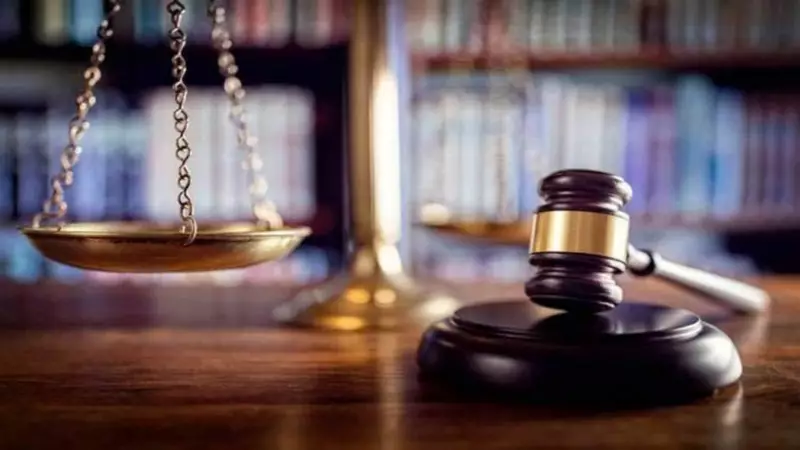
In a country where film censorship has often sparked heated debates, Indian courts have occasionally stepped in as the ultimate arbiters of creative expression. While the Central Board of Film Certification (CBFC) typically holds the scissors, there are remarkable instances where the judiciary rewrote the script.
When Justice Prevailed Over Censorship
Indian cinema's relationship with censorship has been complex and often contentious. However, the judiciary has repeatedly demonstrated that constitutional rights trump subjective moral policing. Here are five landmark cases where courts reviewed films before the censor board could have its final say.
1. The Case That Redefined Certification
In one historic instance, the Supreme Court made it clear that the CBFC's role is certification, not censorship. The court emphasized that the board cannot impose its moral views on society and must function within constitutional boundaries protecting freedom of expression.
2. When Political Pressure Backfired
A particularly controversial film faced intense political opposition even before reaching the censor board. Multiple state governments attempted to pre-emptively ban the movie, but the judiciary intervened, stating that such actions violated fundamental rights and established legal procedures.
3. The Artistic Freedom Landmark
In a victory for creative expression, the courts protected a filmmaker's right to present unconventional themes. The judiciary ruled that artistic freedom cannot be curtailed merely because certain sections might find the content uncomfortable or challenging.
4. Breaking Religious Barriers
When religious sentiments threatened to silence a cinematic voice, the courts stood firm. The judiciary maintained that the threshold for restricting creative work must be exceptionally high and cannot be based solely on potential offense to religious groups.
5. Setting Precedents for Future Films
Through consistent intervention, Indian courts have established important legal principles that continue to guide film certification. These precedents ensure that the CBFC operates as a certification body rather than a moral compass for the nation.
The Bigger Picture: Judiciary as Protector of Free Speech
These interventions highlight a crucial aspect of India's democracy—the judiciary's role in balancing creative freedom with reasonable restrictions. The courts have repeatedly emphasized that the certification process must be fair, transparent, and constitutionally compliant.
The trend reveals a progressive approach where Indian courts have increasingly protected filmmakers' rights while acknowledging the need for responsible content regulation. This judicial oversight has prevented the CBFC from becoming an unchecked censorship authority.
As the Indian film industry continues to push creative boundaries, these legal precedents serve as important safeguards against arbitrary censorship, ensuring that both filmmakers and audiences' rights remain protected under the constitutional framework.





